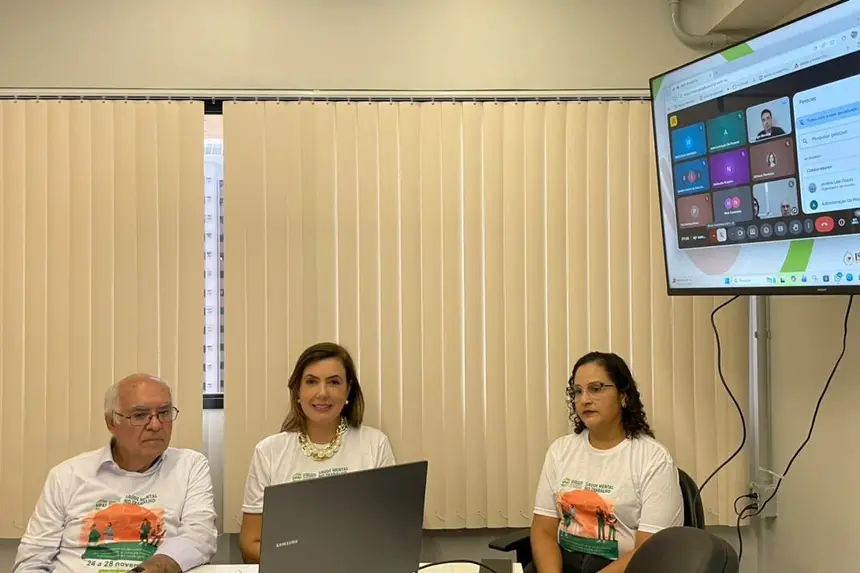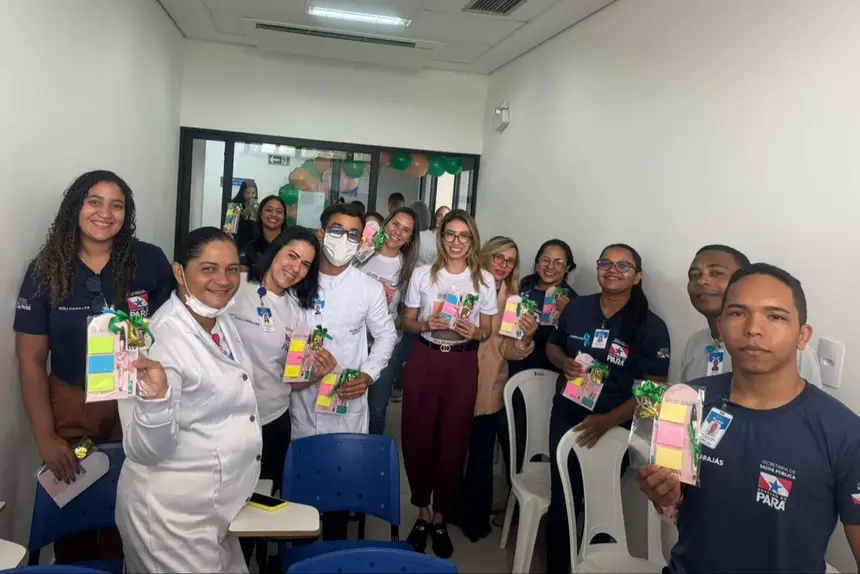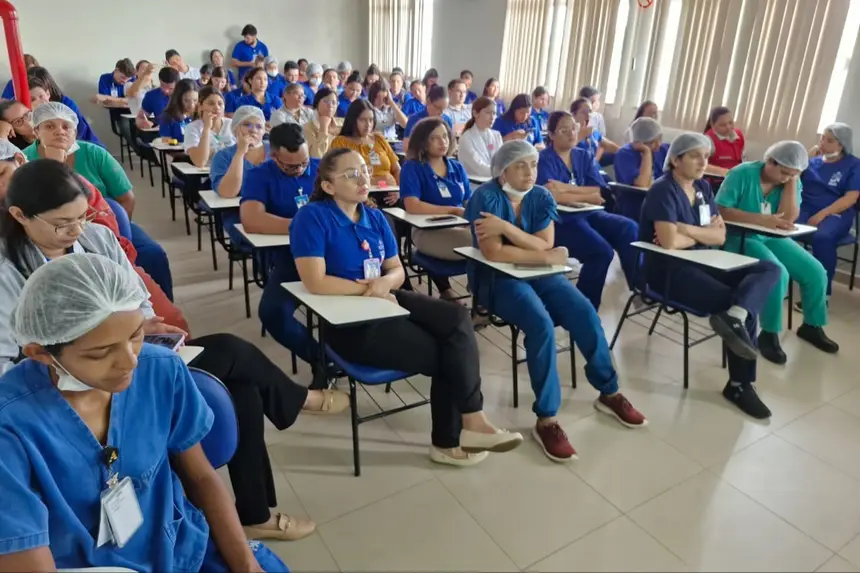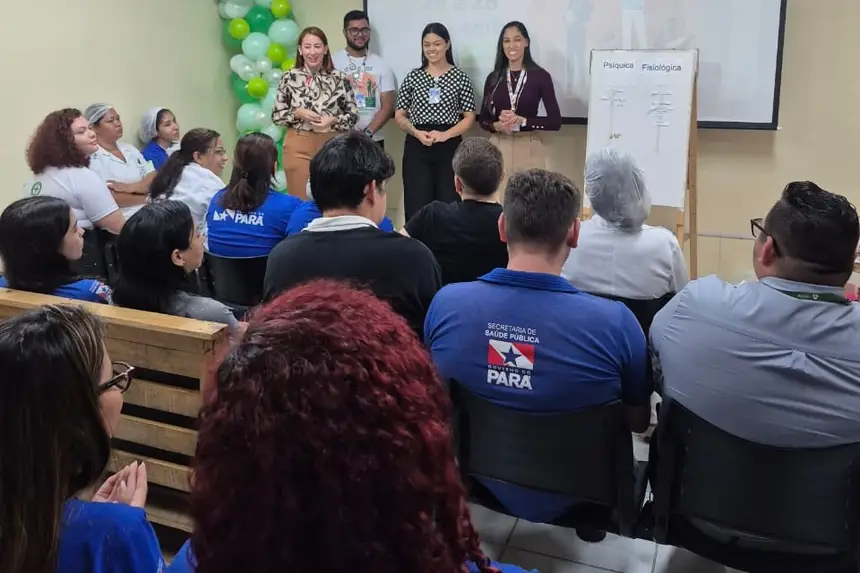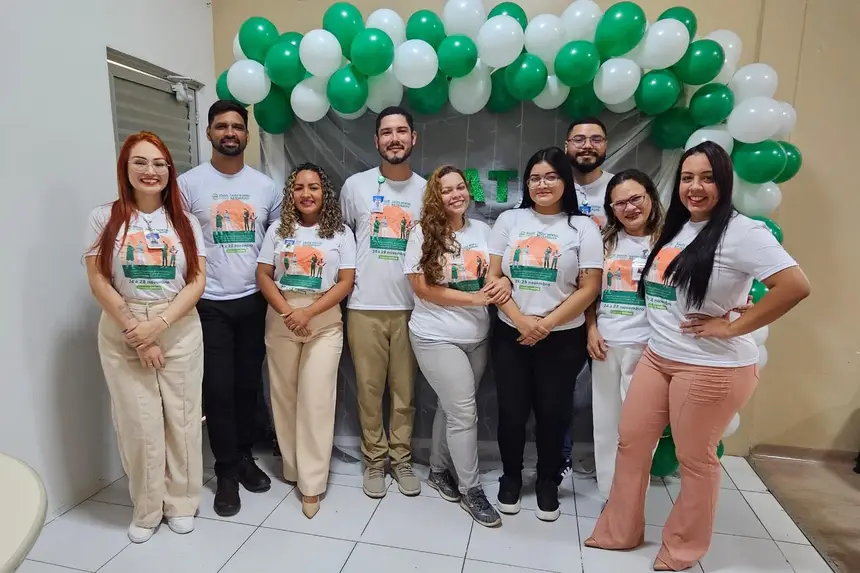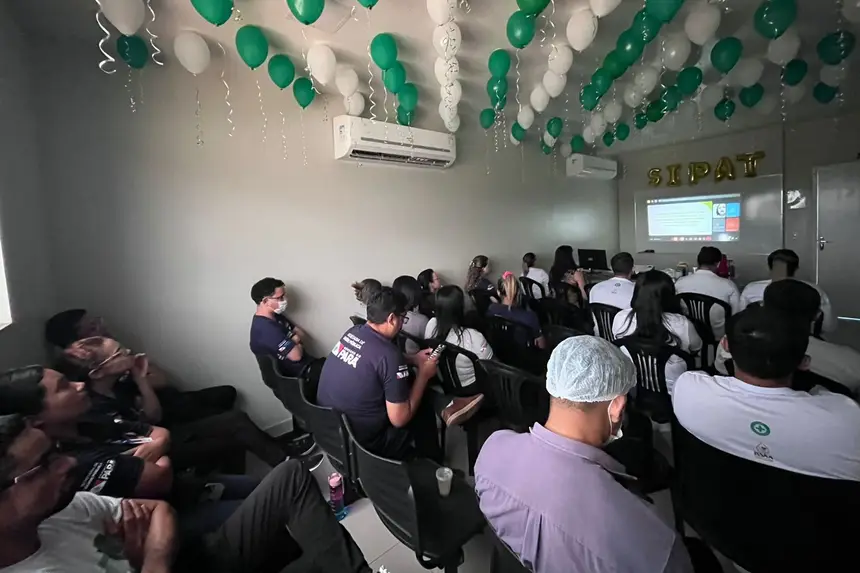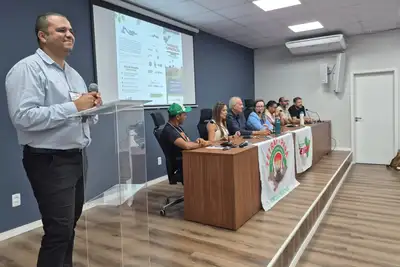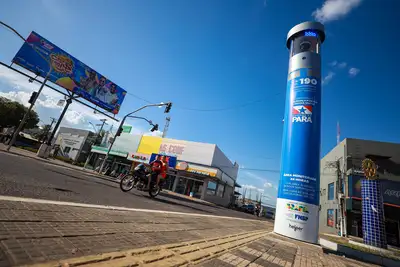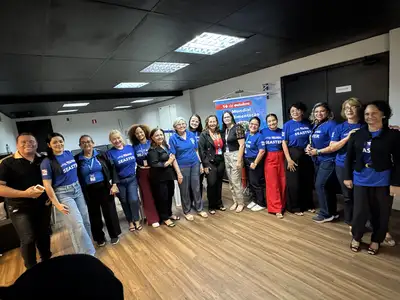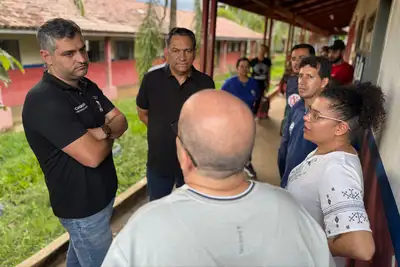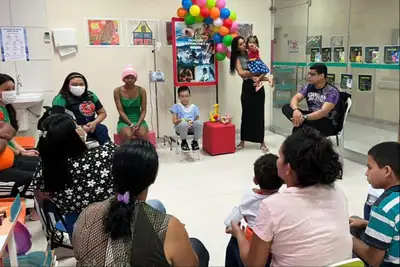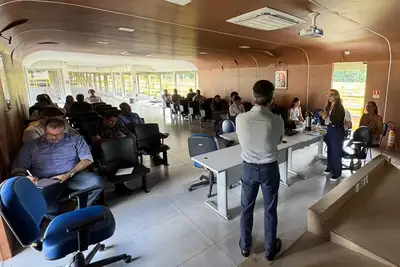Regional hospitals promote Worker Reception and Well-being Week
The week reinforces care for those who care and discusses mental health and safe work environments in the State's regional health units
Amid the increasing discussions about mental health and safe work environments, five health units of the Government of Pará began, this Monday (24), a week of debates focused on the well-being of workers and the qualification of the assistance provided to the population. The program takes place simultaneously in Belém, Marabá, and Tucuruí and runs until Friday (28).
The activities are happening at the Galileu State Public Hospital (HPEG), at the Metropolitan Polyclinic in Belém; at the Dr. Geraldo Veloso Regional Hospital of Southeast Pará (HRSP), at the Polyclinic/Natea of Carajás in Marabá; and at the Polyclinic/Natea of Tucuruí, in the Lake region. All units are managed by the Amazon Social and Environmental Health Institute (ISSAA).
Assistance
The initiative is part of the Internal Week for the Prevention of Work Accidents (SIPAT), held annually with the aim of reinforcing safety practices, risk prevention, and valuing teams. By promoting training, dialogue, and awareness among professionals, the week also directly benefits users, ensuring a safer, more humanized hospital environment prepared to offer quality assistance.
Safe work environments result in more protected, attentive, and emotionally balanced teams — factors that directly reflect on patient care. For ISSAA's corporate safety engineer, Janaina Leal Tuji, the themes chosen for SIPAT are directly related to the improvement of health services.
“The themes we chose for this calendar significantly impact the care of our patients. A safe environment for the employee is also safe for the user. And in the health sector, the more trained the professional is, the better the patient is cared for, resulting in assertive and humanized assistance,” highlighted Janaina Tuji.
Lectures
The program includes lectures on the consequences of moral and sexual harassment, accident prevention, ethics in work relationships, the impact of ergonomics, and emotional intelligence as a tool for mental health.
“The concept of moral harassment requires a careful technical assessment,” emphasized occupational physician and psychiatrist, Gisele Araújo. “It is important to observe the existence of elements that support the analysis — such as patterns of conduct, records, contextual evidence, and recurrence of situations. Often, isolated episodes or subjective perceptions may signal discomfort but need to be correctly evaluated before any conclusion; their effects are significant: they trigger important physiological and psychological responses, such as stress, anxiety, sleep disturbances, and impacts on professional performance,” stressed the specialist.
Opening
The event was opened by the president of ISSAA, Manuel Moreira, who reinforced the institution's commitment to valuing teams.
“SIPAT is an opportunity for us to renew our commitment to those who daily support the care in our units. Caring for the physical and emotional health of our professionals is essential to ensure quality, welcoming, and safe services. ISSAA believes in the worker and continuously invests in prevention and well-being actions.”
At the opening, the administrative director of ISSAA, Rodrigo Moreira, also highlighted the importance of integration among the units.
“We are strengthening an institutional culture based on safety, dialogue, and respect. Having three large units participating simultaneously in this program demonstrates that we are moving in an aligned and committed manner. SIPAT is not just a mandatory calendar — it is a strategic tool to improve processes, relationships, and results.”
Mental Health at Work
This year, the focus of SIPAT is Mental Health at Work, emphasizing the importance of identifying signs of illness, creating spaces for listening and welcoming, as well as promoting healthy professional relationships. For health units, discussing mental health is no longer optional in the sector: it is a necessity that directly impacts efficiency, productivity, and quality of life.
The program continues throughout the week with daily lectures, educational actions, and discussion circles involving hundreds of professionals from the three regions of the State.



